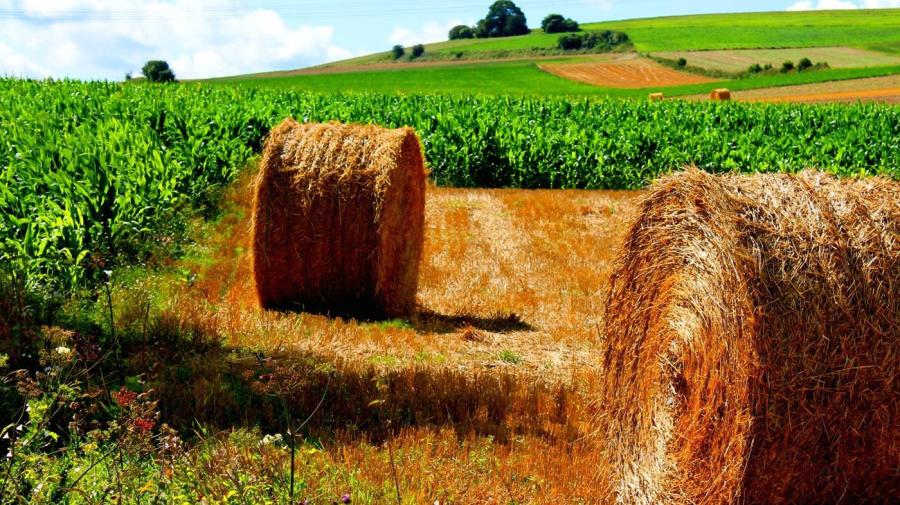How Does Geography Affect the Way We Live?

Geography affects lifestyles worldwide in varying ways, and it is one of the reasons for cultural diversity. A lot of what people are able to do in their region comes from geography, from building materials to crop cultivation.
With the advent of affordable flights and long-distance train rides, geography’s impact as a defining feature of societal development is far less than it used to be. Human settlements originated around certain prominent geographical features, such as lakes, and the geography of an area remains an influential factor in all human endeavor. People who live in arid, dry climates have different ways of irrigating crops and storing water than people in lush areas or forested landscapes.
Geography has a lot to do with access. Is water difficult to find in a region? What about food? Are there animals or predators? Is the region extremely hot or extremely cold or at high altitude? All these considerations affect how people go about their daily lives. In many third-world countries, this is still the case, but with the invention of cities, spans of land exist where geography is relegated to a minor concern. However, for less privileged groups, many people still depend on proximity to water, hunting and foraging for food to survive.





